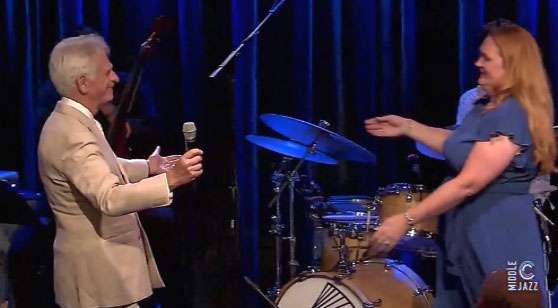Kidney Voucher
Find your care
The Kidney Exchange Program offers more patients access to a donor kidney. Call 310-267-6907 to learn more.
If you are a kidney donor, please contact the Living Donor Line at 866-672-5333.
The Kidney Voucher Program for Future Kidney Transplantation
The kidney voucher program is an important innovation in paired kidney donation that enables the living-donor procedure to be uncoupled in time from the recipient’s transplantation. This allows for kidney donation to occur when optimal for the donor, and transplantation to occur at a later date, when necessary for the recipient. Examples of when an individual may donate to the kidney exchange program include:
- Before the donor becomes too old to donate (older than 65)
- Before the donor anticipates major life events (marriage, significant travel, etc.)
"While kidney transplant exchanges help resolve biological incompatibility between donors and recipients, the ‘voucher’ program helps resolve chronological incompatibility.” Read Dr. Jeffrey Veale's story in the Wall Street Journal. The 'voucher' concept is fundamentally different from all prior 'advanced donations' (previously called ‘out-of-sequence’), as the intended recipients are not in need of a kidney transplant and may never need a kidney transplant. Interested donors may contact our program by telephone at (866) 672-5333.

Listen to interview (Dr. Jeff Veale and David Benoit interview by Mike Johnson, mp3)
Watch the ABC Clip (KMGH-TV, ABC Denver, Channel 7, video)
National Kidney Registry
The kidney voucher program is in association with the National Kidney Registry.
To ensure ethical and efficacious management of gift certificates for future kidney transplantations, the following stipulations should be agreed upon by the intended donor, the intended recipient and the National Kidney Registry:
- A renal allograft can only be provided to the pre-determined intended recipient identified in the consent form.
- The 'voucher' expires when the intended recipient is no longer living.
- The 'voucher' may not be reassigned.
- The donor may not withdraw the 'voucher' from the intended recipient after kidney donation.
- The intended recipient may only redeem the 'voucher' when transplantation is indicated as a therapeutic modality for end-stage kidney disease (ESKD).
- If the NKR was to undergo a change of control, the surviving organization must honor all 'voucher' liabilities with the same or better capacity to fulfill all outstanding 'voucher' obligations.
In order to avoid the transfer of ‘vouchers’ for monetary gain, redemption must be limited to the intended recipient as identified in the informed consent document. The intended recipient is required to have government photo identification. To further insure that the patient receiving the ‘voucher’ kidney is the same person identified on the original consent forms, blood typing and tissue typing is confirmed before the ‘voucher’ is redeemed.
Redemption of Kidney Voucher
When a kidney voucher is redeemed, it will be allocated and prioritized according to the following National Kidney Registry policies and stipulations:
Stipulations for Advanced Kidney Donations
- An ADP donor may only have 1 intended recipient at a time.
- An ADP recipient may have up to five ADP donors.
- No additional Intended Recipients can be added after the ADP Donor signs the Informed Consent document.
- The ADP donor and Intended Recipient can be at different centers but those centers must both be ADP participating centers.
- Intended Recipients must be a kidney transplant recipient or currently have, or be expected to have, some form of renal function impairment.
Ending Chains
The NKR may end chains according to the following priorities:
- To former NKR non-directed donors (NDD) in need of a kidney transplant
- To patients involved in real-time swap failures in which the donor has donated but the patient did not get a kidney
- To autosomal dominant polycystic patients ready for a transplant (kidney vouchers to redeem)
- To Children’s Health Insurance Program patients at member centers with:
a. Net chains started > 0
b. Forecasted net chains started > 0 - To member centers with:
a. Net chains started > 0
b. Forecasted net chains started > 0 - Tiebreaker for 4 and 5 above: When there is more than one member center for a chain end offer, the offer will go to the member center with the least chain end match offer declines in the prior 12 months.
